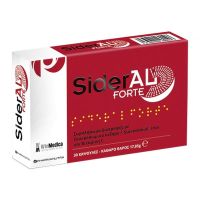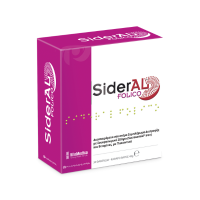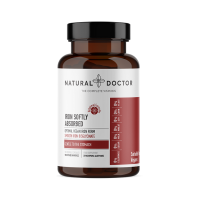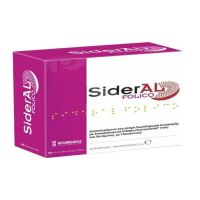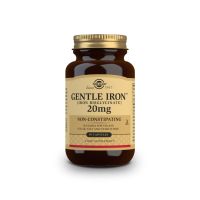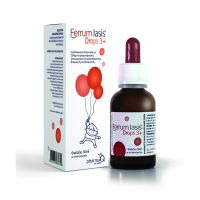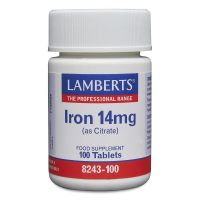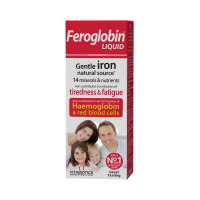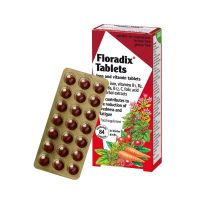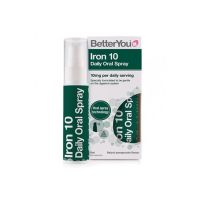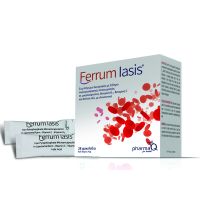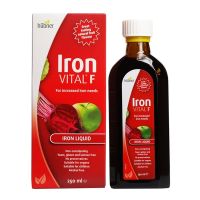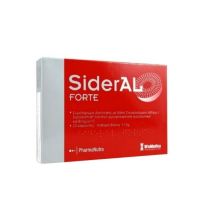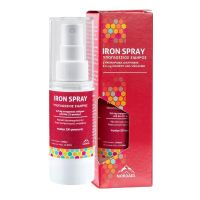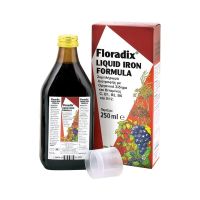-
Free shipping
with purchases
over €39 - 100% Refund withing 14 days
- Free Mini products
-
2310 44 44 22
Telephone service
and orders
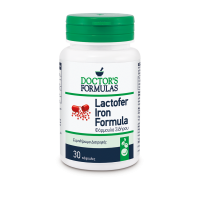
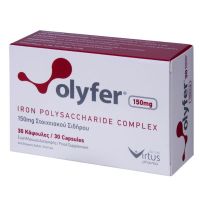
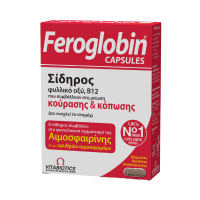
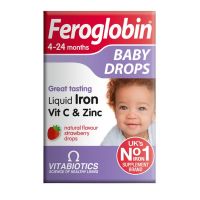

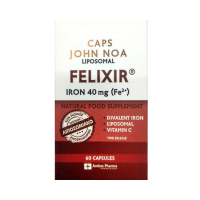
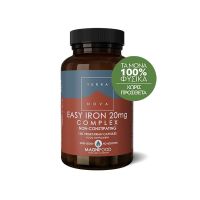
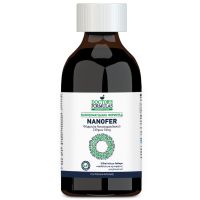
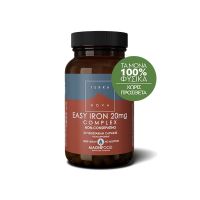
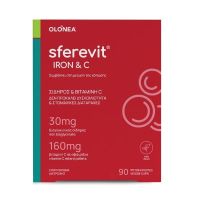


Information - Iron
What is Iron?
Iron is an essential mineral of the body for the production of red blood cells. It is stored in hemoglobin, a protein that carries oxygen to all cells in the body.
Iron from animal foods is more absorbable than plant iron, while its absorption can be enhanced by taking vitamin C at the same time.
Iron: Properties & Benefits
- Contributes to normal cognitive function*
- Contributes to the normal functioning of metabolic processes aimed at energy production*
- Contributes to the normal formation of red blood cells and hemoglobin*
- Contributes to the normal transport of oxygen in the body*
- Contributes to the normal functioning of the immune system*
- Contributes to the reduction of tiredness and fatigue*
- Involved in the process of cell division and specialization*
Iron: foods
It is found in foods such as:
- red meat (beef),
- the egg,
- dried fruits,
- legumes (lentils),
- the molasses,
- fortified breakfast cereals.
Iron preparations: in what forms does it exist?
Iron can be found in food supplements in different forms:
- Tablets
- Ampoules
- Liquid form
- Capsules
- Powder (sachets)
- Gummies (for kids)
More commonly, you will find iron chelate (glycinate and bisglycinate) or iron sulfate and its liposomal form. In fact, there are patented Iron dietary supplements (sucrosomal iron) that negate its gastrointestinal side effects.
In addition, it is combined with folic acid and Vitamin B12 to increase hematocrit.
Iron: deficiency
Lack of iron causes anemia, paleness, appearance of dark circles around the eyes, fatigue, dizziness and a decline in the immune system.
Recommended Daily Intake (RDI)
The recommended daily intake is 8 mg per day for men and 18 mg per day for women.
The needs in women are increased during pregnancy and lactation and decrease after menopause.
The therapeutic dose of iron is determined by the attending physician and its arbitrary intake should be avoided, as an overdose can cause health problems.
Overdose symptoms include:
- retching,
- severe palpitation,
- severe diarrhea,
- painful stomach cramps
- and facial pallor.
Iron: Side Effects, Precautions & Interactions
Not to be taken by people with peptic ulcers or chronic liver problems. To be avoided by pregnant and lactating women. Iron should not be taken at the same time as antacids and antibiotics, without medical supervision.
It can often cause gastrointestinal symptoms such as nausea, heartburn, abdominal discomfort, black stools and constipation. Of course, these symptoms subside with the discontinuation of the preparation.
In addition, foods and drinks containing calcium and caffeine significantly reduce its absorption, so it is best not to combine them.
Liability Disclaimer
Vita4you informs you that nutritional supplements are not a substitute for a balanced diet, a healthy lifestyle or medical advice/opinion, are not medicines and are not intended to prevent, treat or cure human disease.
Vita4you makes every effort to ensure the accuracy and scientific validity of the information provided on the website. In case you find any discrepancy or have any question about the content please contact us.
